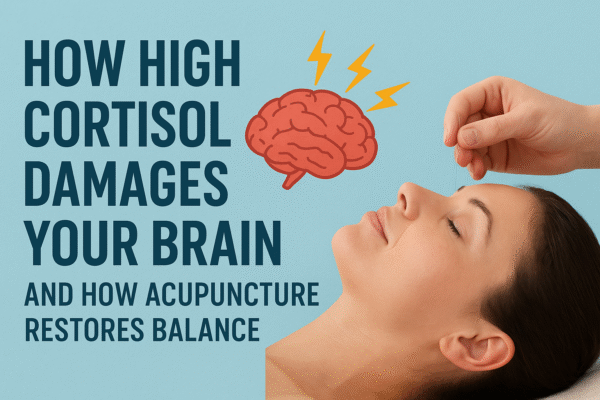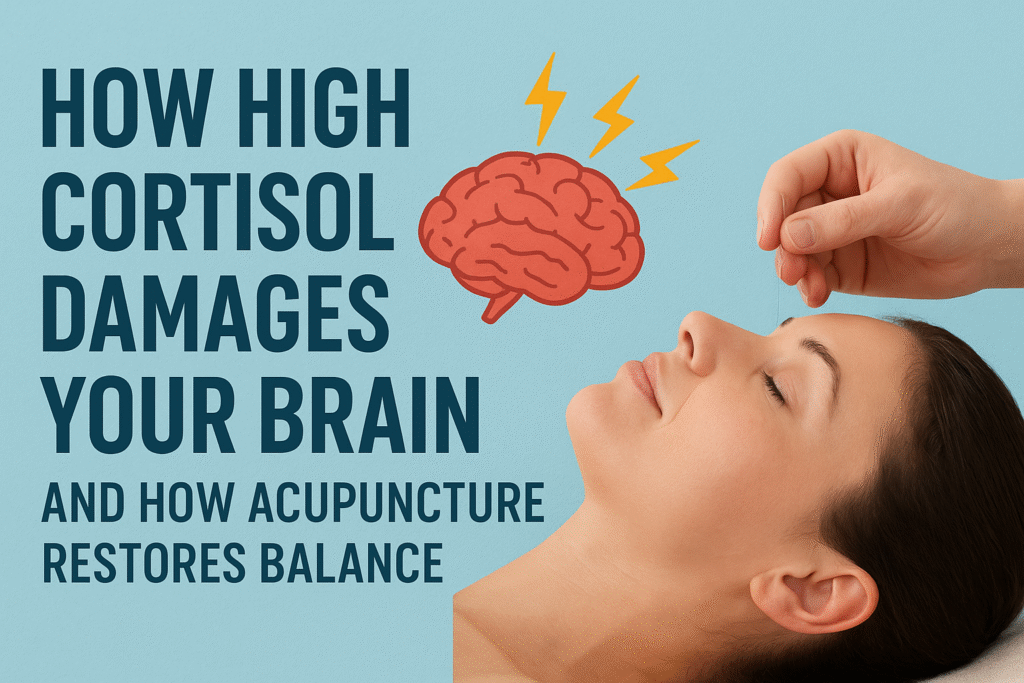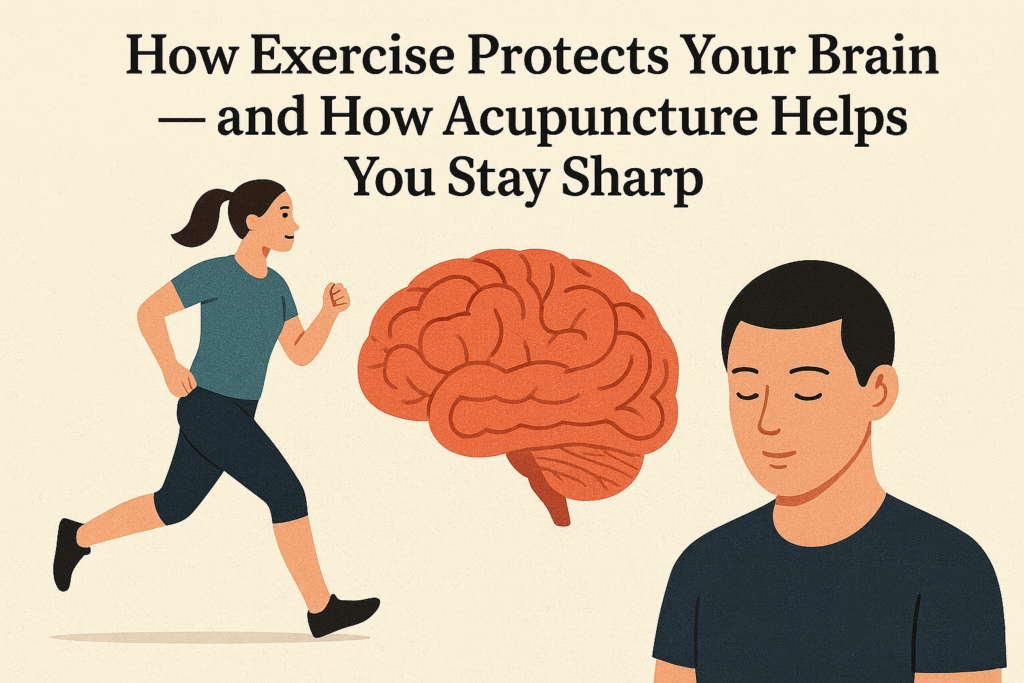
The Hidden Impact of Chronic Stress on Your Brain
We all know stress isn’t good for us — but did you know long-term stress can physically change your brain?When your body is under constant pressure, it produces high levels of cortisol, the primary stress hormone. In short bursts, cortisol is useful — it helps you react and stay alert. But when cortisol levels remain elevated for weeks or months, it can damage areas of the brain, especially the hippocampus — the region responsible for memory, learning, and emotional regulation.
Over time, this can lead to:
- Difficulty concentrating
- Memory problems
- Poor sleep
- Anxiety and mood swings
- Emotional exhaustion
In fact, studies have shown that chronic stress can shrink the hippocampus, making it harder to recover from daily pressures.
Signs Your Cortisol Levels May Be Too High
Your body gives you clear signals when stress becomes chronic. Common symptoms include:
- Forgetfulness or brain fog
- Difficulty calming your nervous system
- Feeling overstimulated or easily triggered
- Mood swings and irritability
- Poor sleep (difficulty falling or staying asleep)
- Low motivation or emotional burnout
If these sound familiar, your brain and body may be calling for a reset.
4 Natural Ways to Lower Cortisol and Protect Your Brain
1. Create a Calm Environment
Notice what drains your energy — noise, negativity, overcommitment. Set healthy boundaries and prioritise rest. Protecting your nervous system is key to protecting your brain.
2. Choose Supportive Relationships
Spend time with people who listen and uplift you. Positive social connections regulate your nervous system and promote emotional stability.
3. Reconnect with Nature
Spending time outdoors helps release serotonin — your natural mood stabiliser. Even short daily walks or sitting under the trees can restore calm and mental clarity.
4. Connect Through Touch
Physical touch boosts oxytocin, the “bonding hormone,” which naturally lowers cortisol and supports emotional balance. So, hug your loved ones (or your dog!) more often.
How Acupuncture Helps Relieve Stress and Restore Balance
Acupuncture is a gentle, natural therapy that helps your body manage and recover from stress. It’s been widely recognised in both traditional Chinese medicine and modern research for its role in nervous system regulation.
Regular acupuncture treatments can:
- Reduce cortisol levels
- Calm the fight-or-flight response
- Improve sleep quality
- Enhance focus and clarity
- Support emotional balance and resilience
By restoring balance to your energy flow and calming the nervous system, acupuncture helps reverse the effects of chronic stress on the brain — without relying solely on medication.
Take the First Step Toward a Calmer Mind
If you’ve been experiencing symptoms like brain fog, poor sleep, or emotional overwhelm, it’s time to take action. Your brain has an amazing ability to heal — and acupuncture can support that process naturally.
Book your acupuncture session today and give your brain the reset it deserves.
Experience how small steps toward balance can lead to big changes in your mental and emotional well-being.
Frequently Asked Questions About Cortisol, Stress, and Acupuncture
1. Can high cortisol really damage the brain?
Yes. When your body is under long-term stress, it produces excessive cortisol — the main stress hormone. Over time, this can cause the hippocampus (the brain’s memory and learning center) to shrink, leading to brain fog, poor focus, mood changes, and sleep problems. Managing stress early helps protect your brain health.
2. How does acupuncture help reduce cortisol?
Acupuncture works by balancing the nervous system and calming the body’s stress response. Research shows it helps lower cortisol levels, improve blood flow, and release feel-good hormones like serotonin and endorphins — naturally helping your body recover from chronic stress.
3. How many acupuncture sessions are needed for stress relief?
Many people feel more relaxed after just 3 to 6 sessions. However, your treatment plan may vary depending on your stress level, lifestyle, and overall health. Regular sessions help retrain your nervous system for long-term balance and resilience.
4. Can acupuncture improve sleep and focus?
Absolutely. Acupuncture helps your body switch from “fight-or-flight” mode into a state of deep relaxation, improving sleep quality, focus, and emotional balance. Many patients notice they fall asleep faster and wake up feeling more refreshed.
5. Is acupuncture safe for managing chronic stress?
Yes, acupuncture is a safe, drug-free therapy with minimal side effects when performed by a licensed practitioner. It’s one of the most effective natural ways to reduce chronic stress, anxiety, and tension, supporting both mental and physical wellbeing.



